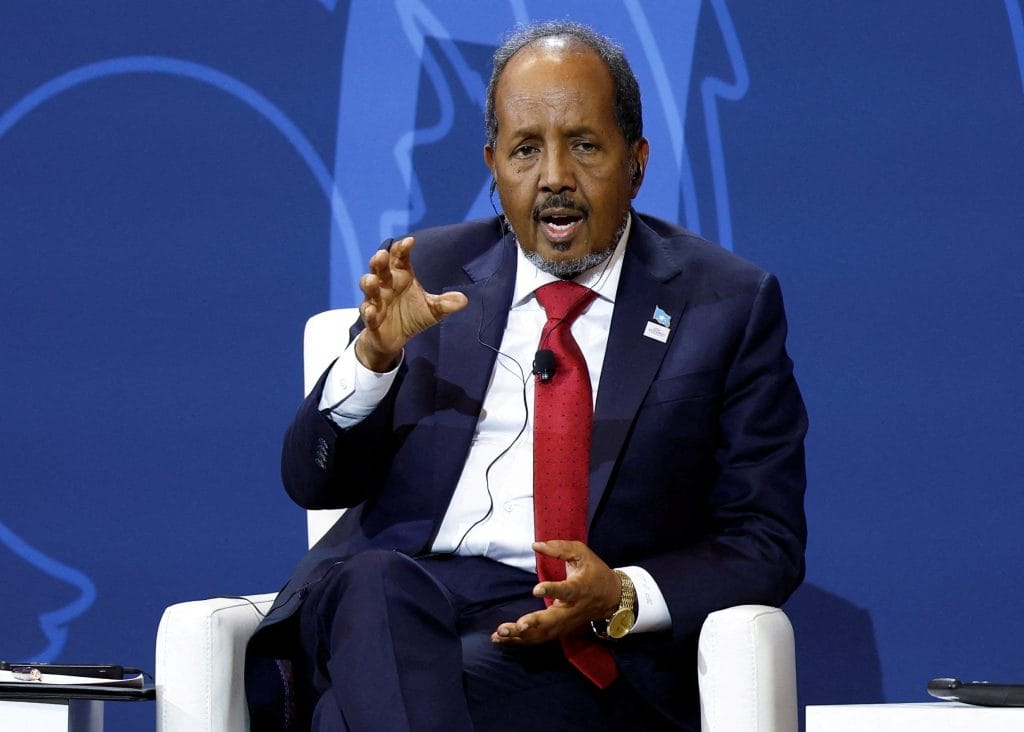Somalia’s decision to ban the entry and transit of travelers holding Taiwanese passports has sparked diplomatic waves across the Horn of Africa and beyond, as tensions around Taiwan’s international status and Somaliland’s sovereignty continue to escalate.
The ban, which came into effect on April 30, was confirmed by Taiwan’s Ministry of Foreign Affairs, which accused China of pressuring Somalia into the move. In a strongly worded statement, Taiwan protested the decision and urged the Somali government to immediately revoke the directive, citing concerns over the freedom and safety of Taiwanese citizens.
Somalia has not officially commented on the ban. However, the action is widely seen as part of a broader geopolitical strategy aligning with China’s “One China” policy, which opposes any form of official recognition for Taiwan. The Chinese government praised Somalia’s decision, describing it as a “legitimate measure” that upholds Somalia’s commitment to the “One China” principle.
The ban comes against the backdrop of Taiwan’s growing ties with Somaliland — the self-declared republic that broke away from Somalia in 1991 but remains unrecognized internationally. In 2020, Taiwan and Somaliland exchanged representative offices, angering both China and Somalia. For Taiwan, the relationship offers rare diplomatic engagement; for Somaliland, it signals a bid for international legitimacy.
Somalia’s bold move may have wider implications. Analysts suggest that it could strengthen Somaliland’s lobbying efforts in Washington, especially under the lens of the Taipei Act, a U.S. law passed in 2019 under the Trump administration. The act allows the U.S. to reevaluate its relations with countries based on how they engage with Taiwan. It also empowers Washington to reduce support to nations that undermine Taiwan’s global standing, while rewarding those who strengthen ties with it.
The act underscores U.S. policy to:
- Support Taiwan’s inclusion in international organizations.
- Adjust relations based on countries’ treatment of Taiwan.
- Bolster ties with nations that support Taiwan diplomatically.
Given current geopolitical alignments, Somalia may find itself in a sensitive position. While China remains a crucial partner, the U.S. still holds greater strategic value, particularly in military and humanitarian support. At the recent Kampala summit, the U.S. hesitated to commit further aid to African Union peacekeepers in Somalia — a move some link to evolving U.S. policy priorities in the region.
Somalia now faces a high-stakes diplomatic calculation. On one hand, this move helps Somalia assert its sovereignty and reaffirms its alignment with China’s global stance. On the other hand, it risks diplomatic fallout and could strain relations with its most critical ally — the United States.



